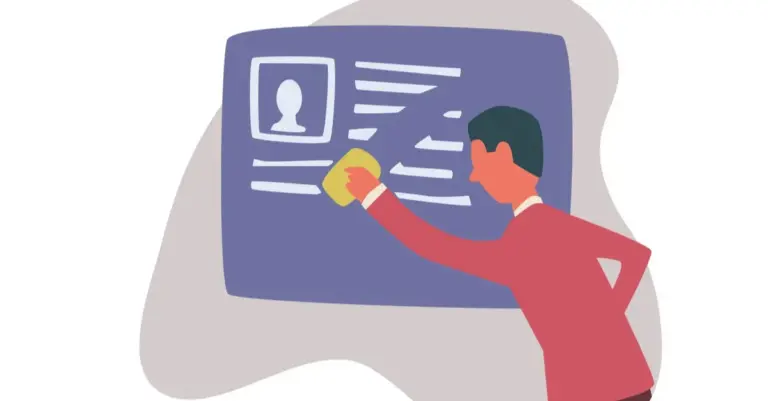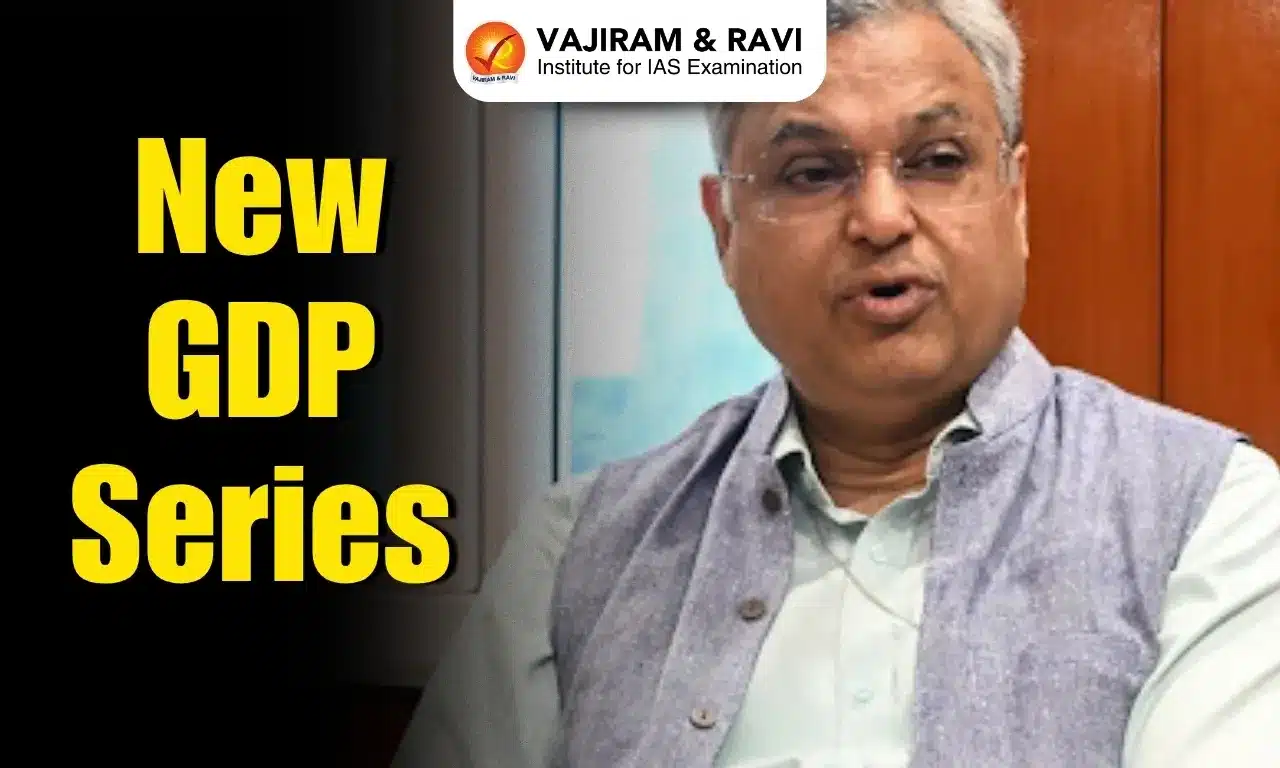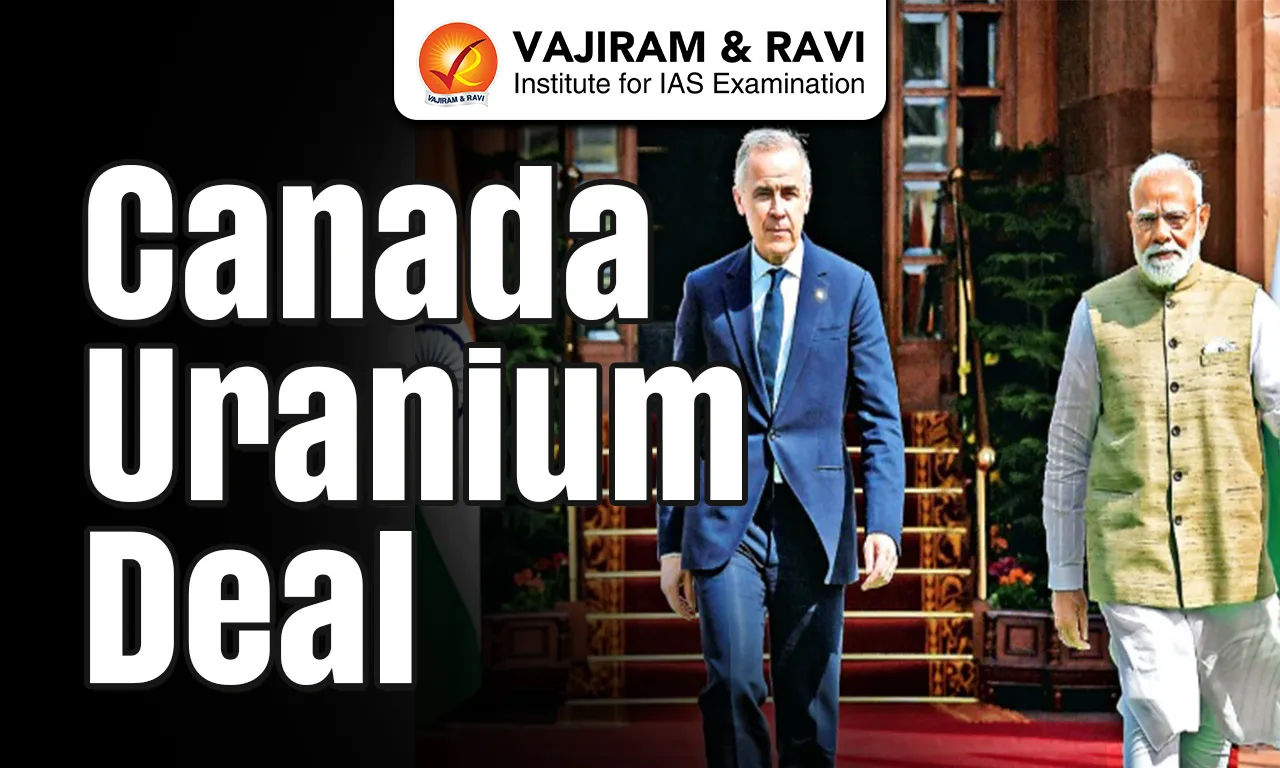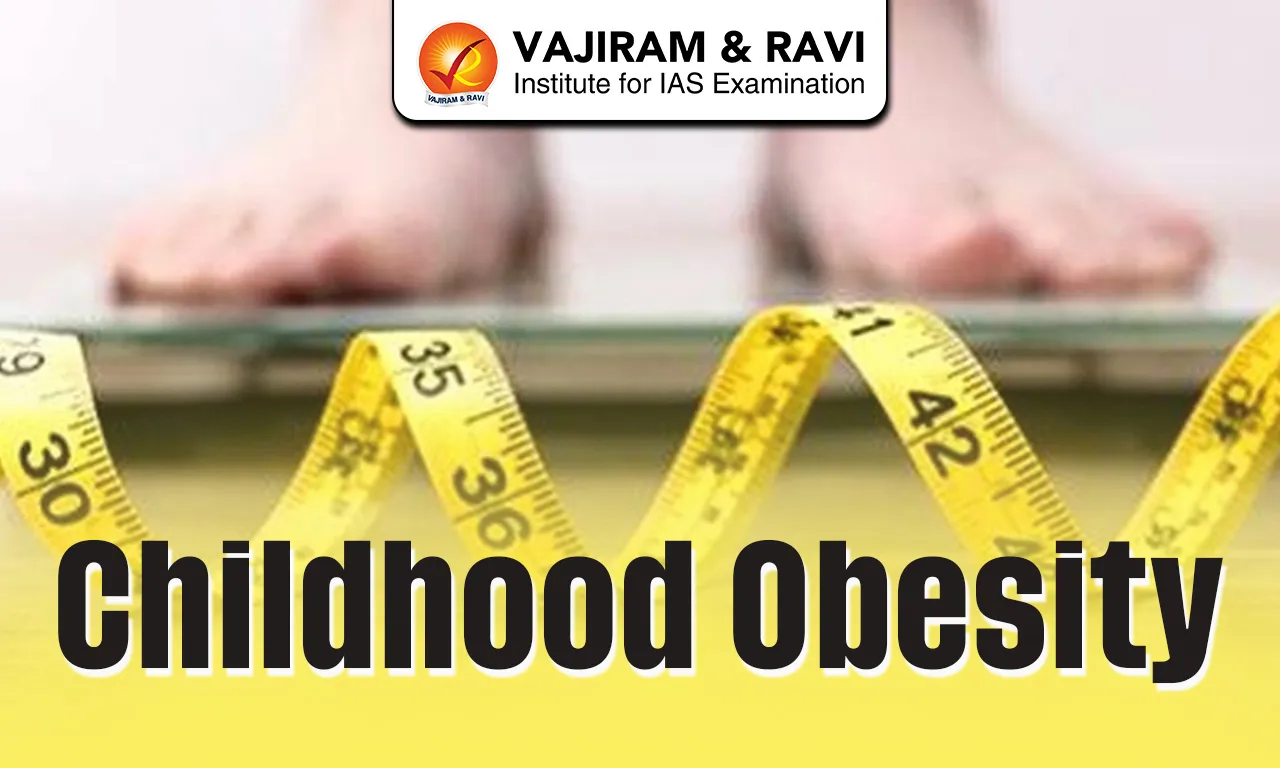What’s in today’s article?
- Why in News?
- What is the Right to be Forgotten?
- How is the ‘Right to be Forgotten’ Interpreted in India?
- When can the ‘Right to be Forgotten’ be Asserted?
- Questions to be Addressed by the SC in the ‘Right to be Forgotten’ Case
Why in News?
- The Supreme Court agreed to hear a case by online legal chronicler (Indian Kanoon), whose outcome will likely shape the contours of the “right to be forgotten”.
- The online portal challenged a Madras HC order, which after reversing a trial court judgment convicting a person of sexual assault charges, had directed the portal to remove the conviction judgment.
What is the Right to be Forgotten?
- It is the right to have publicly available personal information removed from the internet, search engines, databases, websites or any other public platforms.
- One can seek this right when their personal information is no longer necessary or relevant and the presence of his/her digital footprint violates their right to privacy.
- This right has been recognised as a statutory right in the EU (as “right to erasure”) under the General Data Protection Regulation (GDPR) and has been upheld by a number of courts in the UK and elsewhere in Europe.
How is the ‘Right to be Forgotten’ Interpreted in India?
- Position in India:
- In India, there is no statutory framework that prescribes the right to be forgotten.
- However, the Personal Data Protection Bill 2019 and court rulings have expressly recognised this right.
- The Personal Data Protection (PDP) Bill 2019:
- The Bill gave an individual the right to restrict or prevent the continued disclosure of their personal data when such data –
- Has served the purpose for which it was collected.
- Was made with the individual’s consent, which has since been withdrawn.
- Was made contrary to the PDP Bill or any law in force.
- The Bill gave an individual the right to restrict or prevent the continued disclosure of their personal data when such data –
- The court rulings:
- The SC in the landmark KS Puttaswamy or Right to privacy judgement (2017) recognised that the right to control his/her own life would also encompass his/her right to control their existence on the internet.
- Since the right to privacy verdict, high courts have taken a broader view of the issue. For example,
- In 2019, the Delhi HC said the “right to be forgotten” and “right to be left alone” are inherent aspects of the right to privacy.
- In 2021, the Delhi HC extended the right to be forgotten to even a criminal case by ruling to take down search results relating to an American law student (acquitted in a customs case).
- In 2020, the Orissa HC held that the right to be forgotten is a thorny issue in terms of practicality and technological nuances and needs a widespread debate.
When can the ‘Right to be Forgotten’ be Asserted?
- The SC of India clarified in its right to privacy decision that –
- An individual should be able to remove his/her personal data, if such data or information is no longer necessary, relevant or incorrect and serves no legitimate interest.
- This right cannot be exercised where the information or data is
- Necessary for exercising the right of freedom of expression,
- In compliance with legal obligations,
- In public interest, etc.
- The Delhi HC also noted that the right to privacy should be balanced with the right to information of the public and maintenance of transparency in judicial records.
- Therefore, the issue underscores the tension between the “right to be forgotten” of the acquitted person and citizens’ “right to be informed”.
Questions to be Addressed by the SC in the ‘Right to be Forgotten’ Case:
- The top court has to decide whether the right to be forgotten is a fundamental right and, if so, how it relates to other fundamental rights guaranteed by the Constitution of India.
- Two questions before the SC:
- Can a person, upon reversal of his conviction in a criminal case by a higher court, demand erasure from the websites the earlier judgement that had convicted him/her?
- Would a higher court that acquits an accused in a criminal case (by reversing the earlier judgement) be within its jurisdiction to order a web portal to expunge the earlier conviction judgement to honour the acquitted person’s right to be forgotten?
Q.1. How the Supreme Court of India significantly expanded citizens’ fundamental rights?
The Supreme Court has by judicial interpretation expanded the scope of the fundamental rights, particularly in relation to Article 21, and this has included more civil and political rights which were not explicit in Part III of the Constitution.
Q.2. What is the General Data Protection Regulation (GDPR)?
GDPR is a European Union (EU) regulation on information privacy in the EU and the European Economic Area. It lists the rights of the data subject, meaning the rights of the individuals whose personal data is being processed.
Source: Can right to be forgotten beat right to info? SC to decide | IE
Last updated on March, 2026
→ UPSC Notification 2026 is now out on the official website at upsconline.nic.in.
→ UPSC IFoS Notification 2026 is now out on the official website at upsconline.nic.in.
→ UPSC Calendar 2026 has been released.
→ UPSC Final Result 2025 is expected to be released soon.
→ UPSC will release the UPSC Toppers List 2025 with the Civil Services final result on its official website.
→ Check out the latest UPSC Syllabus 2026 here.
→ Join Vajiram & Ravi’s Interview Guidance Programme for expert help to crack your final UPSC stage.
→ UPSC Mains Result 2025 is now out.
→ UPSC Prelims 2026 will be conducted on 24th May, 2026 & UPSC Mains 2026 will be conducted on 21st August 2026.
→ The UPSC Selection Process is of 3 stages-Prelims, Mains and Interview.
→ Prepare effectively with Vajiram & Ravi’s UPSC Prelims Test Series 2026 featuring full-length mock tests, detailed solutions, and performance analysis.
→ Enroll in Vajiram & Ravi’s UPSC Mains Test Series 2026 for structured answer writing practice, expert evaluation, and exam-oriented feedback.
→ Join Vajiram & Ravi’s Best UPSC Mentorship Program for personalized guidance, strategy planning, and one-to-one support from experienced mentors.
→ Check UPSC Marksheet 2025 Here.
→ UPSC Toppers List 2024 is released now. Shakti Dubey is UPSC AIR 1 2024 Topper.
→ Also check Best UPSC Coaching in India


















